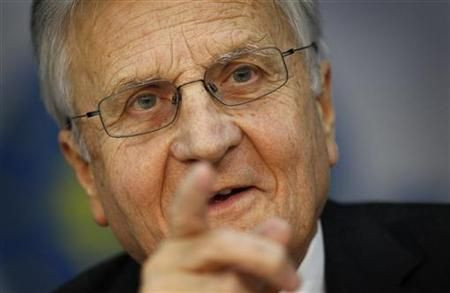Fourth-Quarter Seasonality Portends a Positive Surprise
ANALYSIS

Against the backdrop of two consecutive negative quarters for the S&P 500 Index, it is understandable why investors are more willing to take shelter by hiding in cash rather than anticipating a strong fourth quarter.
Historically, the price return for the S&P 500 Index has tended to be quite robust during the final three months of the year. When looking at the 30-year time period from 1981-2010, we found that the average price return for the S&P 500 Index has been 7.14 percent. While this is a hefty return, the more impressive data point is that the S&P 500 Index was in a positive price mode for 24 out of 30 years, or 80 percent of the time.
While the negative years produced an average loss of 5.39 percent, the losses were contained to only 6 years and dominated by the dreadful 22.56 percent loss in the fourth quarter of 2008 - otherwise known as the “Lehman experience.” And while we dislike data stripping, it is important to look at the pre-Lehman negative years and see that the average loss dropped significantly to 2.71 percent.
Although the global economy is struggling to avert a recession, we also know that central banks are working very hard to provide sufficient liquidity to ensure a smooth ride through year-end.
However, one very uncertain wild card is the acrimonious political environment that exists in Washington D.C. By late November, the super bi-partisan committee has been mandated to deliver $1.4 trillion of deficit reduction proposals or experience budget cuts across the board.
The ease at which this committee delivers its recommendations may very well determine the balance between a strong finish for the year or a third consecutive negative quarter for the stock market.
In the meantime, we may also be entering into a period where global central banks take action to either reverse earlier rate increases or engage in incremental quantitative easing schemes. Next week, the Bank of England (BoE), the European Central Bank (ECB), the Australian and Polish Central banks will meet on interest rate decisions.
Jean-Claude Trichet, will preside over his final ECB meeting and may very well leave the ECB with a rate cut of 25 basis points (bps). A slowdown in England’s manufacturing sector and the risk of a European economic slowdown seeping into the UK, could very well push the BoE to engage in announcing a long-term debt purchase program.
With respect to Greece (this week) Germany, Finland, Austria, Cyprus, Estonia, Greece, Portugal and Slovenia all approved the expansion of the much needed European Financial Stability Facility (EFSF). The remaining three countries to vote are Malta, Slovakia and the Netherlands. With the prospects of a unanimous vote increasing, it is quite likely Greek dominated fears may somewhat subside in the weeks ahead.
In summary, we still expect to see to a strong fourth quarters rally in the midst of all the gloom.
Tom Sowanick is co-president and chief investment officer at Omnivest Group in Princeton, N.J.
© Copyright IBTimes 2025. All rights reserved.





















